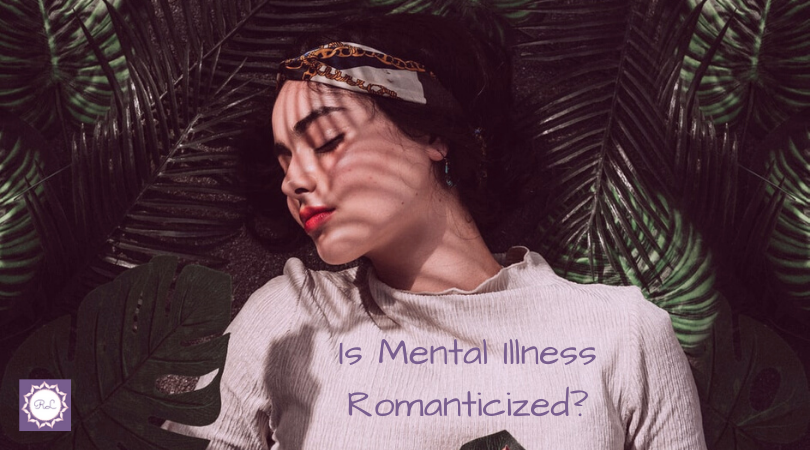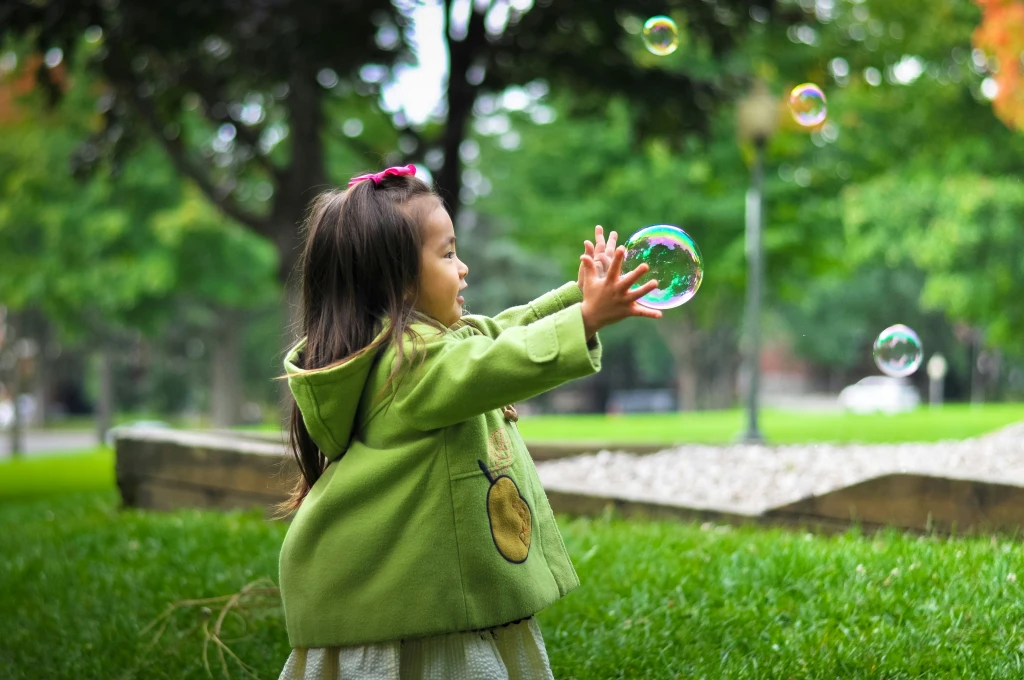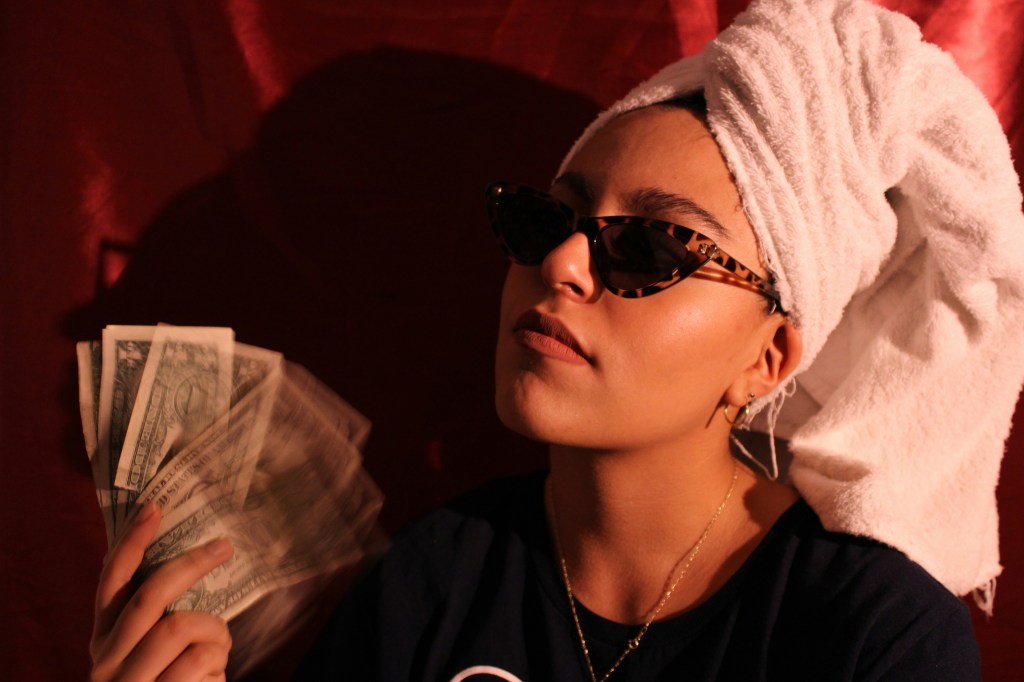Mental and physical ailments have always been stigmatized, so it’s great that we’re breaking down some of the barriers to understanding, like fear and ignorance. I wonder, though, if some of our acceptance of mental illness has been amplified and distorted to romanticize mental illness, while the actual victims of it are still met with judgement.
I was scrolling through my Reader on Monday when I stumbled across Victoria’s post on the romanticization of mental illness. When I realized how lengthy my response would be if I typed all I wanted to say, I thought hey, this could be a post!
Angst vs. illness
One could look to things like Tumblr, a blog site that features dark, pensive aesthetics and sooo much melodrama, along with shows like 13 Reasons Why (debatably promotes the idea of “getting back at bullies” by committing suicide) as two of many examples that mental illness is being romanticized. But, let’s get real: young people have always been angsty. Look at Nirvana for crying out loud! I was in high school 2007-2011, meaning I grew up in the “emo kid” era–bangs to hide one or both eyes, pop-punk and screamo music, clothes from Hot Topic. I’m sure all of you remember how “teen angst” was channeled during your adolescent years.

We should realize that angst and illness are different. One thing I recall from the emo era that falls more in line with illness is the normalization of “cutting” (see pic to the right). Tumblr is mostly an outlet for teen angst, but a show promoting suicide for vengeance feels like crossing a line. As I continue, remember that while angst should be distinguished from illness, there is always some overlap between the two.
The influence of social media & meme culture
Why have anxiety and depression become popular? It seems like everyone is dealing with these struggles! I credit social media and, specifically, meme culture. [SN: Efforts to remove the stigma of mental illness have likely enabled more people to get diagnosed, too.]
Social media is a marketplace of attention with countless competitors. There’s always been a certain “badassness” about angst, and being badass tends to attract attention, so there ya go… 2+2=4. I also think talking about mental illness has become trendy, which is where meme culture comes into play.
A few months back, I wrote a post on self-deprecating memes where I noted a vast uptick in the last couple years of memes so self-aware they border on sad/cringey. In that post, I contemplated where one draws a line between being vulnerable and relatable vs. accepting personality flaws or personal issues and laughing at them rather than working on self-improvement or seeking help. In this same vein, many people use real or self-proclaimed mental illness to deprecate themselves (examples below).






Prescriptive vs. descriptive art

One factor to consider is how we differentiate prescriptions vs. descriptions. This conflict is relevant to other questions, such as whether rap music glorifies drug/gang culture. Some would answer with a resounding yes; just listen to the lyrics! But others would argue this music describes what people have been/go through rather than prescribing that behavior to others. The art we make generally reflects our thoughts, feelings, and experiences (rather than just condoning or condemning things).
Whenever this question arises, the conversation has to be nuanced. With rap music and with uses of mental illness in art, memes, books, TV shows, etc, we have to examine things on a case-by-case basis. Some rap music promotes “thug life,” but some rap music imparts the lack of privileges and decent options that leads one to dangerous lifestyles. Some mental illness depictions romanticize it, but some share the good, bad, and ugly of it and all the unglamorous parts.
Conclusion
Of course, this discussion could go way more in depth, but these are just some of my musings on the topic. To wrap it up, I think there are a few contrasts to consider when asking whether something (in this case, mental illness) is being romanticized or just normalized–prescriptive vs. descriptive art, being honest about it vs. making light of it, showing only the good (or, in this case, “cool”) side vs. all sides. Going off that last one, I wonder if role-playing as a depressed, anxious, bipolar, OCD, etc. person to seem different and edgy is more harmful than helpful to the real victims. This is why I don’t share memes like the ones above. Yes, I have stressors and struggles in life, but I do not have a mental illness, so I’m not going to pretend I do just because it’s trendy.
Also, we should acknowledge the distinction between angst and illness. Though there tends to be a mixing of the two that we should beware of, angst is perfectly normal, especially among young people.
Thanks for reading! Do you feel that mental illness is being romanticized online? What’s your two cents on teen angst, the mixing of angst and illness, prescriptive vs. descriptive art, etc? If you deal with mental illness, what’s your take on others appropriating it for cool points? Let me know in the comments.





Leave a reply to Kevin Nunez Cancel reply